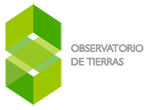Given the focus of our work, the observatory’s clinic focuses exclusively on issues related to agrarian property rights. Our strategy is to take cases selected by the team and which because of their importance may influence the transformation or produce a solution for land-related social problems. To this end, we have a group of senior law students and a team of lawyers with experience in Human Rights litigation. Our work focuses on three types of processes: Firstly, those related to Law 160 of 1994 such as titles on vacant lands, divisions, etc. Secondly, those related to Law 1448 of 2011 on land restitution. Lastly, all constitutional actions that have the feature of having an incidence on agrarian property, such as lawsuits for the protection of constitutional rights, citizen interventions, class actions, group actions, actions for fulfillment, etc.
Our work is based on three concepts:
a) Strategic Litigation: Our clinic understands that the law is only one of the tools available for achieving transformations to resolve social problems. For this reason we use different means such as the media, press and communications strategies, pedagogical strategies, and in general advocacy processes to influence decision-making bodies. For us, community participation in these processes is very important. Without an active community, the results of the process are meager.
b) High impact cases of public interest: Since our objective is to educate law students in Human Rights litigation, our clinic believes it is important to take cases that are of interest to the community. For this reason, the cases are selected based on public interest criteria, in other words, that seek to solve structural problems and that have an incidence in decision-making bodies. We do not take private cases for personal gain.
c) Educational Model: The clinics are a means to educate on the law. Traditionally clinics have allowed undergraduate students to approach real life cases, so that once they are professionals they are able to act in the public interest. It is a way to raise awareness and to teach law in an efficient manner. This model usually operates “inwards”: from the law faculties to the law students. Our clinic believes that legal training is not only for law students. It is a way to bring people closer to the law. We want our cases or pedagogical campaigns to provide empowerment to civil society. Our clinic will work on an “outbound” basis: from legal academics towards the communities.
In order to fulfill our objectives, we have created three action lines:
a) Research:The cases of public interest must contribute both to the community and to academia. For us it is very important that the real experiences are useful for research showing the main legal issues involved in land-related proceedings. To a large extent, the lack of opportunities in gaining access to land is related precisely to the academics’ lack of knowledge of the “bottlenecks” that affect the process..
b) Litigation:We use two types of legal tools: first, those established by law for land restitution and distribution, including Law 160 of 1994 and Law 1448 of 2011, and second, constitutional actions that may apply in certain cases, such as lawsuits for the protection of constitutional rights (“tutela”), group actions, class actions, actions to seek fulfillment, motions for reconsideration, etc.
c) Advocacy: We increase the visibility of our work and seek to ensure that are cases are publicly debated. Through the media and access to decision-makers, we intend to spark public debate. It is very important to highlight that we do not litigate through the media. What we do is to call on the press to cover specific cases of national importance in order to facilitate access to decision-makers.



